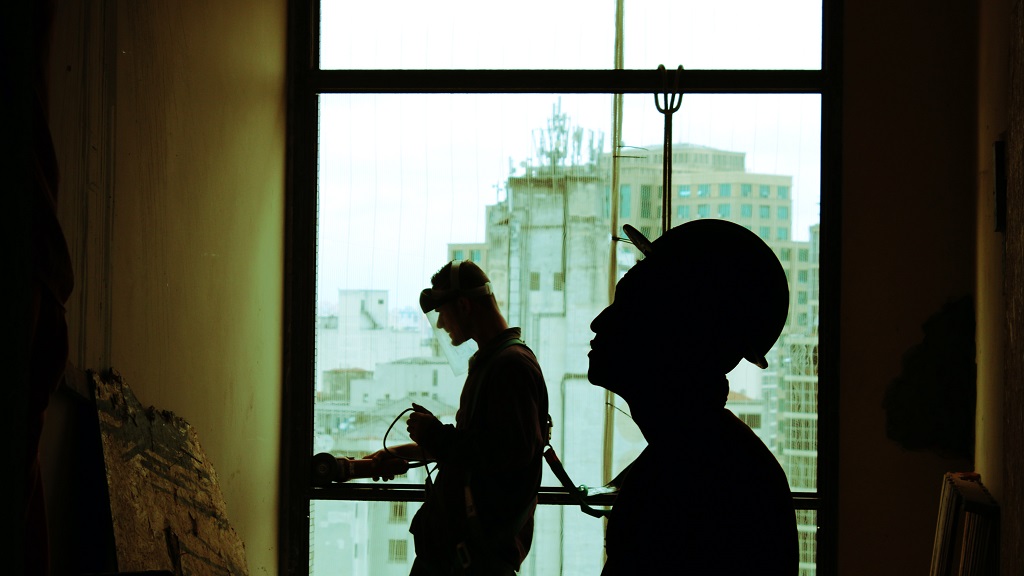
Digitization in the Spanish Facility Management sector it is still very low, according to a report by the IMANcorp FOUNDATION and the Autonomous University of Barcelona. According to this, only 20% of SMEs in the sector have, for example, cloud storage. It is almost the same percentage that currently uses IoT, and only 15% carry out big data analysis or have some type of robotics.
This means, according to the same report, that industry 4.0 is still a long way from being well established in the sector.
On which of these tools believe that it will consolidate in its sector in the future, according to data collected in the study, more than 40% of SMEs said to the IoT as the main toolwhile 30% pointed to the CMMS −Computer Aided Maintenance Management− as the one with the most possibilities of consolidating.
The analysis of Facility Management (FM), has a particular complexity because as a sector it is of recent creation and covers many subsectors and many business activities, say those responsible for the study. And although the origin and center of the sector is building maintenance, parallel activities have been incorporated, such as security, gardening, cleaning or waste management, and more complex activities such as asset management.
In terms of digitization, the field most developed in recent years is the sensory, which makes it possible to improve efficiency and contribute to sustainability, and in turn generates a very significant volume of data that must be handled and interpreted. Sensors are also applied to uses of space, in the new trend of “hot desk” and “open space”. The most used management tool is the BMS (Building Management System). A challenge in the sector is for the FM to start in the design of buildings and the integration in BIM.
Digital skills and employment in the sector
The occupations analyzed in this sector and taken from the SEPE Observatory of Occupations They are: management and organization analysts, security guards, maintenance and cleaning supervisors in offices, hotels and other establishments, building concierges, building maintainers, receptionists (except hotels) and purchasing managers.
According to the report, the experience required in this type of occupation It varies depending on the qualification of the job. In low-skilled positions almost no experience is required, while in positions with more responsibility the fork ranges from at least 6 months to two years.
Many of the positions analyzed show great mobility between sectors since, due to the type of employment, they can be held in very different companies.
Regarding qualificationsMuch emphasis is placed on the abilities or skills of the “manager” as a fundamental manager of the FM. There is very little specific training at the university level, some master’s degrees and specialized training, and great importance is given to “soft skills”, precisely because of the need to manage multidisciplinary teams and meet customer demands.
In the field of maintenance of medium profile buildings, According to the study, there is no specific training, and it is a great challenge that training for building construction incorporates the perspective of future maintenance.
In less qualified profiles, the challenges are similar to other sectors, such as improving the handling of digital devices, applications and basic office automation.
“These lower-skilled profiles, unlike other sectors, have a low-cost service component that makes automation less likely (security, waste collection, cleaning). The less qualified tasks do not have social prestige, but they can be a niche for the labor incorporation of people in vulnerable situations, such as the experience of a training course for maintenance assistants of a social entity.”, explains Alba Escolà, manager of the IMANCorp Foundation, who adds: “Digitalization can be a qualification tool for these occupations, such as the example of using sensors to clean toilets based on use and not on a predetermined schedule. The basic use of connected devices can also contribute to a certain dignity of these occupations”.
The soft skills are basic for the sector, due to the constant interrelation and feedback between people and innovation processes. Of all of them, three stand out: communication, change management and constant learning capacity.
Looking to the future, according to the study, it will be essential to have both a data scientist, who analyzes all the information that is extracted, and a change manager to guide all the changes. Both occupations highly influenced by digitization.
“Sustainability is a fundamental aspect in the FM in all its processes, even at the audit level. In addition, it is a distinctive element that produces added value for the company”summarizes Escola.
“In the field of maintenance of buildings with medium profiles, there is no specific training, and it is a great challenge that training for building construction incorporates the perspective of future maintenance. Yes, there is training in industrial maintenance, but with little implementation of technologies such as Cloud Computing. There is also no specific training for low-skill profiles, since they are very dispersed profiles, some with specific training and regulation (safety), and others with very low qualification (cleaning)”comments Dr. Merino, academic head of the study.



